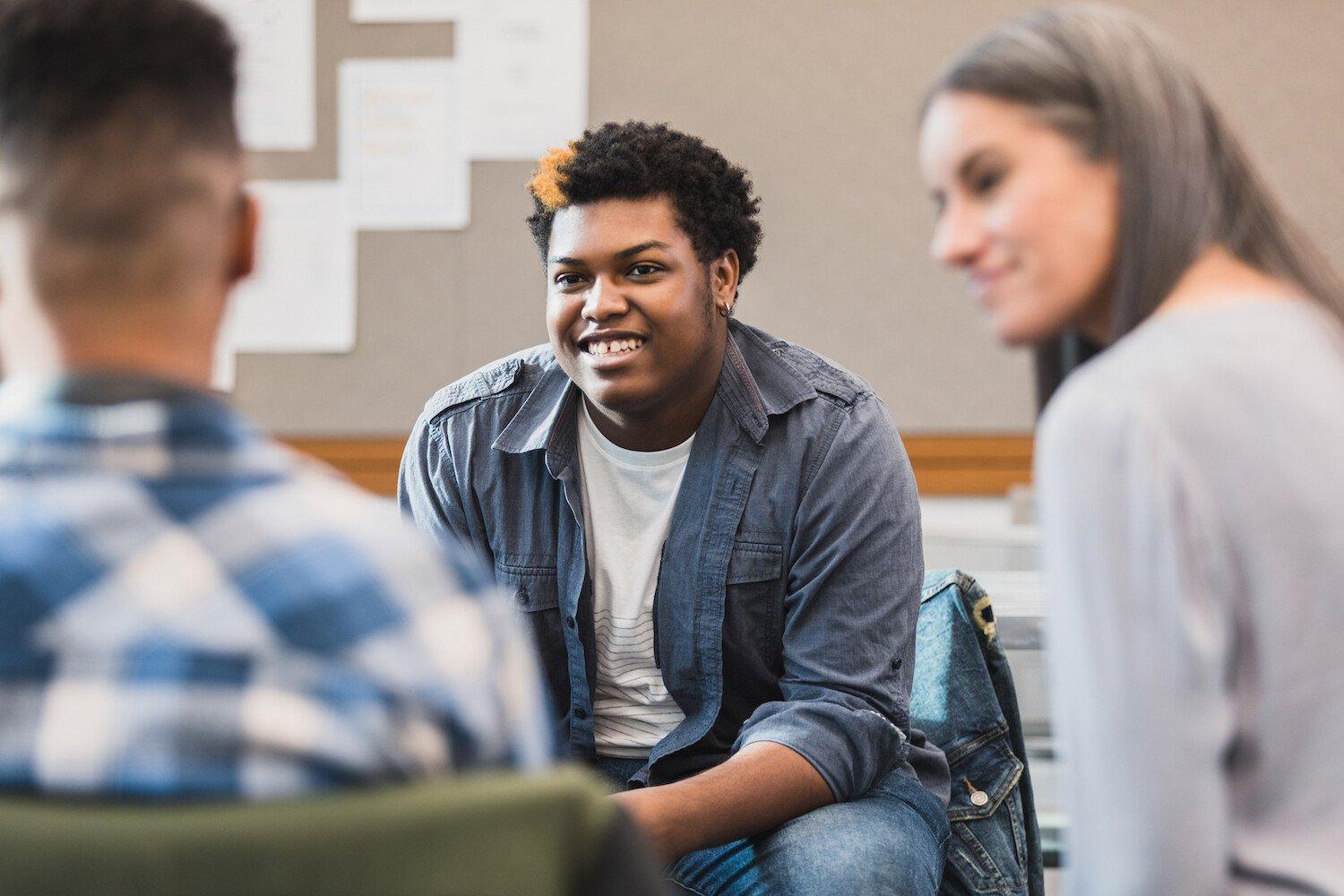
Over the last twelve months, we’ve seen some incredible examples of how data can be harnessed for innovation in mental health research.
A tool for accessing police stop-and-search data has helped uncover the impact on young Black people’s mental health.
A new digital dashboard will analyse how schools can build better connections with their students and improve mental health.
And an open-source digital tool will allow researchers without a statistical background to analyse why, when and how mental health traits change over time.
These projects and more were all possible because of Wellcome’s Data Prize in Mental Health. And lived experience expertise was crucial in guiding their development.
What is the Wellcome Data Prize in Mental Health?
In partnership with Social Finance, the Wellcome Data Prize in Mental Health has supported teams based in the UK and South Africa to explore existing datasets to uncover new insights and build digital tools that enable future research in the field of mental health.
The prize is supported by a funding pool of £1.4 million, to be awarded over the course of three phases, with the total prize funding of £500,000 to be shared among three winning teams. The Data Prize aims to generate tangible and scalable outputs that support the mental health research community.
As a Lived Experience Consultant with Wellcome, I have worked closely with the team to develop and deliver a lived experience infrastructure that supports the Data Prize. We’ve learned a lot from this process, and three key approaches particularly stood out to me.
1. Share knowledge
Even during the early development of the Data Prize, Wellcome supported Social Finance to bring together a Youth Advisory Network (YAN) made up of young people with experiences of anxiety and depression from both the UK and South Africa.
The Youth Advisory Network have been an invaluable partner for sharing lived experience expertise in the development of all key workstreams of the Data Prize – from developing its scope, communications and applicant criteria, to involvement in selection panels.
We worked closely with Social Finance to shape how we structured, engaged with, and reflected with members of the Youth Advisory Network.
"Those with lived experience were given a great platform and opportunity to use their experience as a ‘tool’ and perspective to design the data prize and the process of it."
2. Encourage reflection
Lived experience involvement in mental health research is dynamic, exciting and always developing.
While there are many resources to help individuals and organisations embed lived experience expertise, there is a distinct lack of openly accessible reflections on its implementation.
To help change this, we worked with Social Finance to share insights from their work embedding lived experience expertise. This resulted in a blog written by a Youth Advisory Network member which shared four key insights from the developmental stages of the Data Prize.
Open reflections like this – and the article you’re reading – will hopefully help others in the space to learn from what works well, recognise what challenges may occur and how to overcome them.
3. Convene communities
Once we had selected the teams that would be supported by the Data Prize, we worked with the Youth Advisory Network and Social Finance to convene ‘communities of practice’. These peer-to-peer learning groups acted as an open and reflective space for teams to share strategies and knowledge about lived experience involvement, as well as what worked well and ask any open questions.
The spaces respond to the uniqueness of lived experience involvement at the intersection of data, technology and mental health research. With involvement in this space quite limited, the ‘communities of practice’ are intended to help develop comfort, confidence and capacity for teams to involve young people with lived experiences of mental health challenges in their multidisciplinary work.
"It felt reassuring that more teams [than just us] seem to struggle with the aspect of implementing the Patient and Public Involvement and Engagement part for their tool."
The sessions were held every eight weeks as teams were developing their projects. Topics discussed included:
- developing lived experience involvement plans
- involvement and selection criteria
- how to communicate complex concepts
- cross-cultural competency
- and retention of expertise
The 'communities of practice' slowed as the teams became busier towards their submission date, but Youth Advisory Network members and I were still available for teams to connect with.
What’s next for Lived Experience involvement in the Data Prize?
Towards the end of the Discovery Phase, Youth Advisory Network members were involved in the panels to decide which five teams (from the original eleven) were to progress to the Prototyping Phase.
These selected teams will take part in User-Centred Design training and continue to engage with ‘communities of practice’ to learn from one another and improve their approaches to lived experience involvement.
Overall, Wellcome has acted as a close and connected learning partner with Social Finance during the development and delivery of the Data Prize for Mental Health. By sharing knowledge, encouraging reflection and convening ‘communities of practice’, we hope to really embed those with lived experiences of mental health challenges across the Data Prize as a whole.



